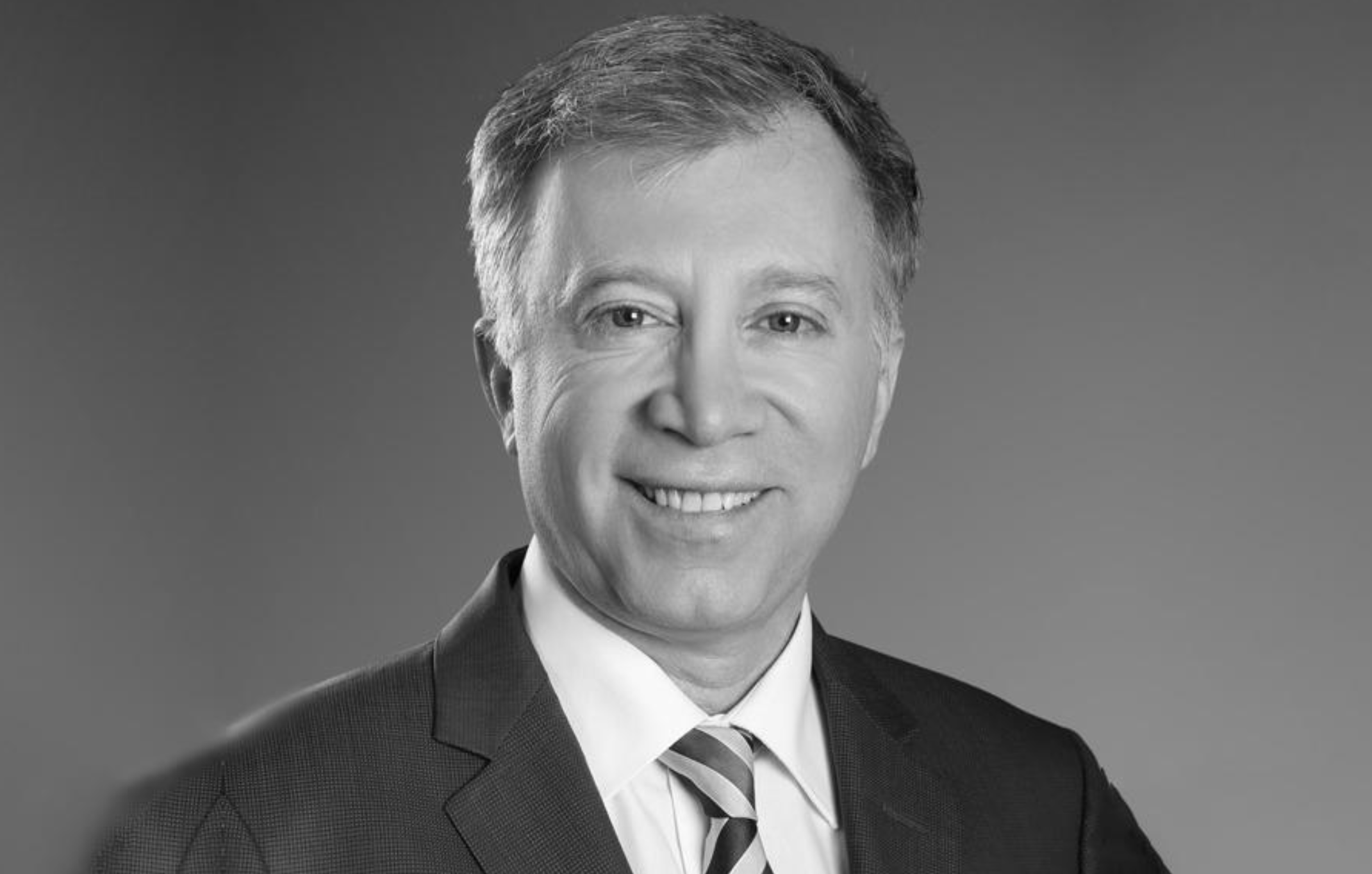 Sarper Tanli, MD, PhD, MHA, Managing Director, Middle East and Africa, Global Advisory, Mass General Brigham,
Sarper Tanli, MD, PhD, MHA, Managing Director, Middle East and Africa, Global Advisory, Mass General Brigham,
Reimagining Health Systems: How Vision 2030 Is Redefining Value-Based Care
1- What does Vision 2030 represent for global healthcare transformation?
Vision 2030 represents one of the most ambitious national efforts to reimagine what healthcare can be - not as a service you access, but as a system that surrounds you. It’s deeply aligned with what we’ve been doing at Mass General Brigham for decades: integrating care, research, and innovation so health systems become proactive, predictive, and personal. With 85,000 employees, five Harvard-affiliated hospitals, and two centuries of research-driven breakthroughs, Mass General Brigham’s entire model is proof that scale and integration can coexist with compassion. Saudi Arabia’s transformation echoes that philosophy, and frankly, is setting a new benchmark for health systems worldwide.
Our partnership with local leading healthcare organizations like Health Holding Co. brings that same philosophy to life. Together, we are building a system rooted in accountability and equity - the foundation of the Saudi Model of Care. Vision 2030 echoes Mass General Brigham’s mission to make world-class, patient-centered care accessible to everyone, and is setting a new benchmark for health transformation globally.
2- How do you see parallels between Mass General Brigham’s integrated network and the Saudi cluster-based model?
Both are built on a shared belief that integration breeds accountability. At Mass General Brigham, we’ve created a connected ecosystem that spans academic hospitals, specialty centers, and community care, powered by unified data and shared governance. The cluster model in Saudi Arabia reflects that same DNA, ensuring every layer of care is aligned around outcomes, not volume.
What’s exciting is that Saudi Arabia can leapfrog legacy systems and apply lessons that took many decades to perfect. That’s what makes this collaboration so powerful: it’s Boston’s best thinking, adapted to Riyadh’s bold ambition.
3- How does value-based care reshape the role of physicians and health leaders?
Value-based care restores purpose. Physicians move from being procedure-driven to outcome-driven. Leaders focus less on managing budgets in isolation and more on aligning teams around shared goals: quality, prevention, and patient experience. That shift demands collaboration, transparency, and data fluency. The result is not only better care, but greater professional fulfillment. You know you’re part of a system that truly works for people.
This is exactly what Health Holding Co. and Mass General Brigham are working to achieve through the Saudi Model of Care. It’s about creating an environment where physicians can deliver the best outcomes because the system around them is designed for integration and learning. The result is not only better care, but greater professional fulfillment — a system that truly works for people.
4- Why is the Gulf — and Saudi Arabia in particular — so well positioned to lead on value-based care?
Transformation in Saudi and the wider Gulf here is intentional. The region is not tinkering with legacy systems. It’s building a future-ready framework from the ground up. Saudi Arabia’s Vision 2030 has created a unique moment where policy, investment, and talent all align. That’s rare.
Mass General Brigham has worked with partners in more than 40 countries, and we see few places with this level of momentum. The Kingdom’s ability to move from concept to implementation at national scale is extraordinary. Our role is to bring proven frameworks, including governance models, performance systems, and clinical expertise, that can accelerate this vision without compromising local ownership.
5- What long-term impact do you expect this shift will have on population health and quality of life?
When systems commit to accountability and value, health outcomes change at the population level. At Mass General Brigham, we’ve seen the effect of integrated, prevention-focused care: lower chronic disease burden, higher life expectancy, and stronger community trust. Those are the same outcomes we expect to see in Saudi Arabia.
Over time, this collaboration will build a model others study: a blueprint for how evidence-based medicine, technology, and human-centered design can work together to improve millions of lives. That’s not just success for Mass General Brigham or Health Holding Co. ; that’s leadership for the global health community.








